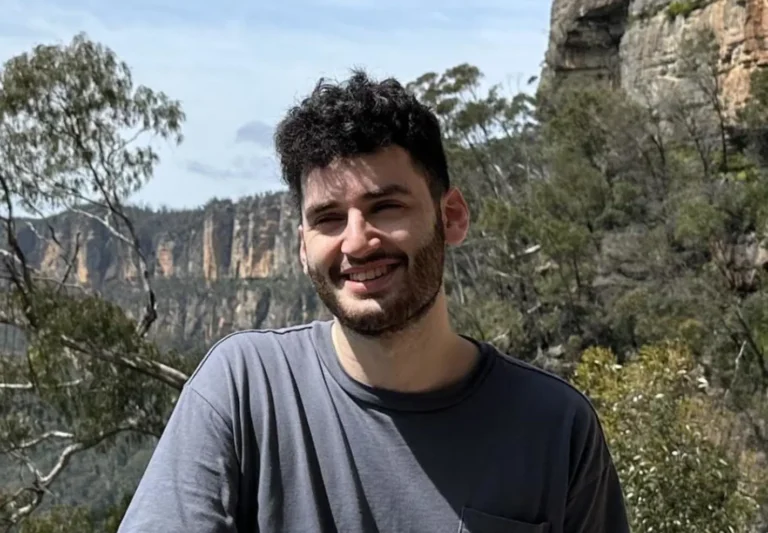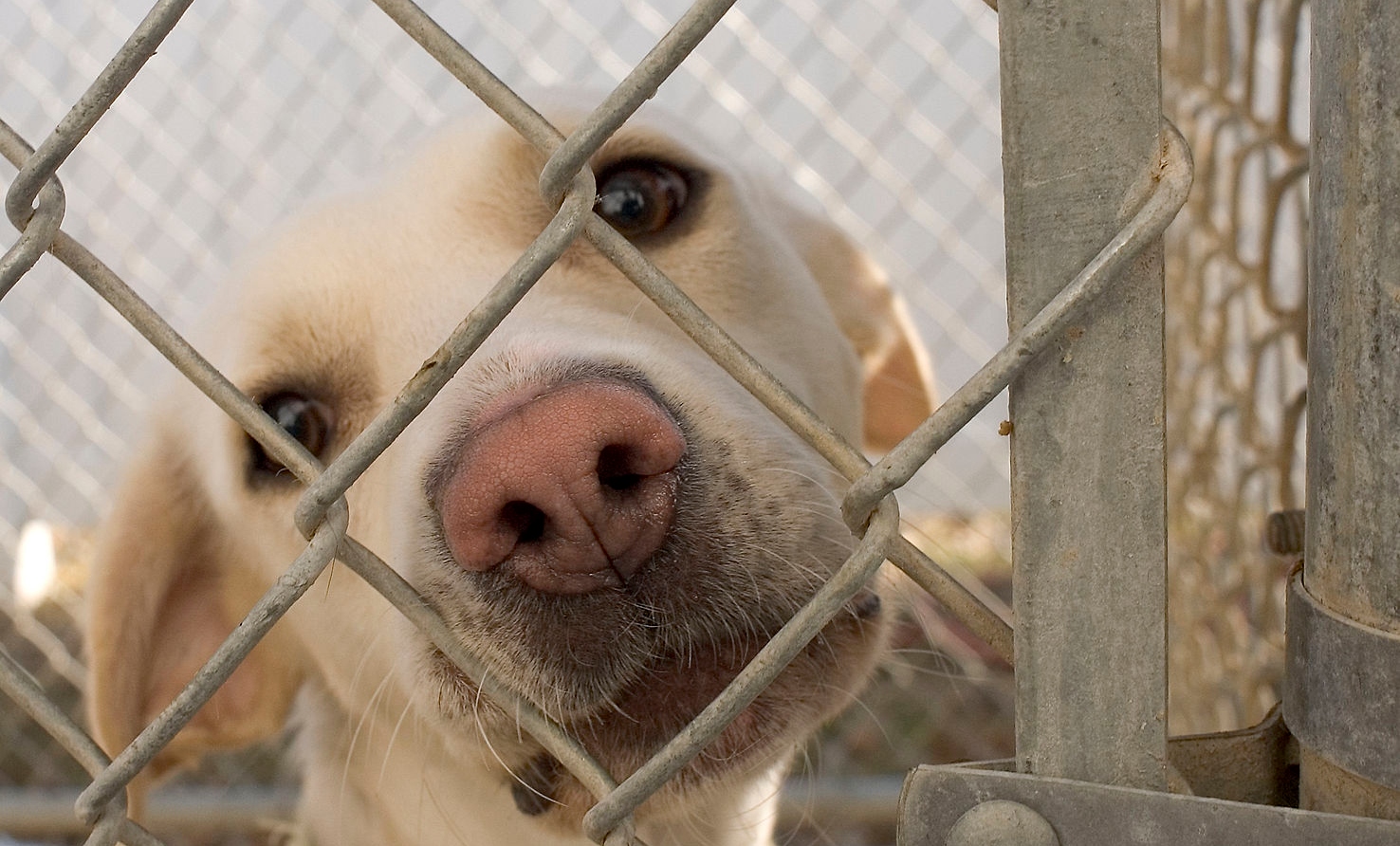
Sniffer dogs have had their day: experts, Greens

BY ANDREW BARCLAY
The NSW government continues to push ahead with a drug policing strategy that has been an “abject failure” in the face of mounting evidence and criticism, according to experts and opponents.
Member for Newtown Jenny Leong last week brought to the NSW lower house a bill aimed at ending the use of drug detection dogs, known as sniffer dogs in public places without a warrant.
She said the policy was costly and “akin to sanctioned harassment and intimidation”.
“The NSW drug dog program has been shown over and over again to be ineffective and a waste of public money. It’s also highly discriminatory – targeting already marginalised groups in our community – and a blatant breach of our civil rights,” she told City Hub.
“Time after time the stats show that the program just doesn’t work. But the government is stubbornly refusing to see the evidence.”
Debate around the use of drug sniffer dogs flared up again last November when Sylvia Choi, 25, died after taking ecstasy at Stereosonic music festival at Sydney Olympic Park.
Campaigners say the current policy is costing lives and point to at least 12 drug related deaths at music festivals over the last two summers.
Dr Alex Wodak President, Australian Drug Law Reform Foundation, told City Hub the NSW government already has the data showing the policy is a failure.
He said a NSW Ombudsman inquiry from 2006 showed sniffer dogs were significantly inaccurate and recommended an immediate end to the policy.
Dr Wodak, who is also Director of the Alcohol and Drug Service at St Vincent’s Hospital, said the policy had a variety of unintended negative consequences – including hospitalisation and death.
“We love our sniffer dogs. It is a uniquely Australian phenomenon and it has mostly been an abject failure,” he said.
“In political terms it works well but it is bad public policy.”
Yet, the government remains resolute in the face of criticism.
Deputy Premier and Minister for Justice and Police Troy Grant said the government fully supports the continued use of drug detection dogs as an effective tool to tackle drug crime.
“The use of drug detection dogs is an important tool in our efforts to combat dangerous, illicit drugs,” a spokesperson for Mr Grant said.
“They are deployed not only to detect these drugs and prevent their use and distribution, but as a form of high visibility policing to deter drug activity which is illegal.”
The spokesperson said that since 2014 460 kilos of illicit drugs have been seized due to sniffer dogs, which demonstrates the success of the policy.
Mr Grant’s comments come just a month after Premier Mike Baird said “there is a very safe way to go about pills and that is don’t take them” – which led to claims of the government burying their head when it comes to drug policy.
Dr Alex Wodak said such an approach was very unfortunate.
“Responsible politicians can’t ignore the reality… they are are responsible for the impact of their policies.”
Jenny Leong said she was also dismayed at the government’s approach.
“A ‘just say no’ approach to drugs is never going to work,” she said.
“Politicians need to get their head out of the sand and stop pretending that the problems will magically go away if they talk tough.”
Dr Wodak said drug policy was always a difficult issue for politicians and applauded the NSW Government for the steps they have recently taken towards allowing the use of medical cannabis for terminal illness.
Yet he said an ongoing commitment to evidence based policy was needed.
“There is already traction when it comes to drug policy, including a citation system for weed, legal injecting rooms and the use of methadone.”
“This needs to be redefined as a health and social issue, not one of policing,” he said.
According the Greens’ ‘Sniff Off’ campaign, 80% of searches on the public transport system have led to a false positive result where no drugs are found.
Criminal Lawyer Karen Weeks said that the drugs policy meant people were at the mercy of the police’s, and then a magistrate’s, discretion.
“Some magistrates are frustrated that there’s so many people in the system, but some magistrates hate drugs and you’re at the mercy of the magistrate,” she said.
“The direct result of drug enforcement policy is a lot of people get tangled up criminal justice system that otherwise would not have”
She told City Hub that the real winners were lawyers and police, because they both got work out of the policy.
She estimated that she worked on five or six drug possession cases in a year, and said that it was seasonal work, because of the booming warmer months when there are more party goers out and about.
Ms Weeks said she was pessimistic about the opportunity to reform drug policy.
“We have moved into a far more conservative period in law reform, particularly since the Liberal Government was elected. I can’t see anything happening to the existing framework where people with small amounts [of drugs are] coming to criminal justice system.”
When it comes to drug use, Australians are some of the highest consumers in the world with more than 40 per cent of Australians having used drugs illicitly alongside one of the highest rates of illegal use per capita, according to data from the 2013 National Drug Strategy Household Survey.









